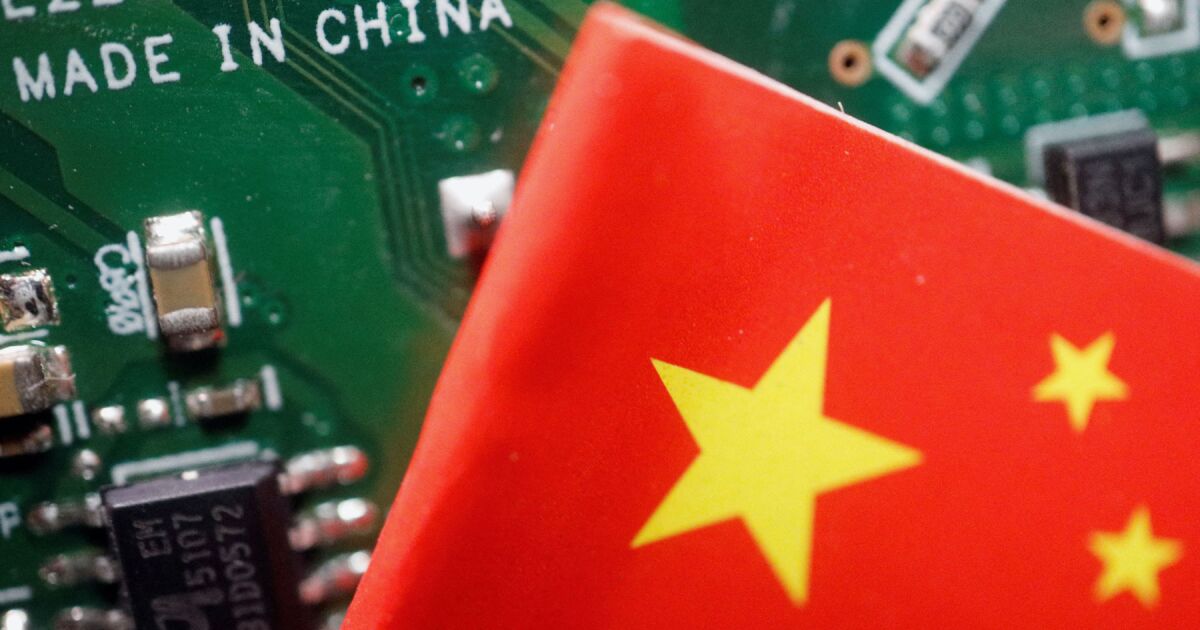The Asian giant’s move to restrict shipments of critical minerals worldwide is a response to a national security issue.
While export controls are not targeted at any specific country or region, the United States is the largest importer of antimony globally, according to World Bank data, with purchases of the metal worth $143.562 billion last year.
China is the world’s leading producer of antimony, accounting for 48% of total antimony and 63% of U.S. antimony imports.
What is the impact of China’s restrictions on antimony exports?
The Center for Strategic and International Studies (CSIS) explains that antimony is a fundamental input for the defense industry, in particular for armor-piercing ammunition, night vision goggles, infrared sensors, bullets and precision optics.
It is also true for the electronics industry, including semiconductors, cables and batteries.
This is the latest restriction on antimony and superhard materials after a series of export controls in 2023 on graphite, germanium, gallium and rare earth processing technologies, raising alarm bells in the semiconductor, electric vehicle and defence industries that rely on all these materials.
In addition, with this measure it is expected that the prices of antimony increase dramatically, In fact, prices have already doubled since the beginning of the year, reaching an all-time high of $22,000 per metric ton.
Projections indicate prices could reach $30,000 per metric ton as buyers build up inventories and secure supplies for future production.
In its critical questions publication, CSIS notes that China has already been reducing antimony exports for years due to increased domestic consumption; in 2018, exports accounted for 41% and by 2022, this had dropped to 23%.
The latest export restrictions are expected to only widen the antimony market deficit, which stood at 10,000 tonnes as of May.
As supplies shrink and prices rise, there is no major alternative source of antimony to fall back on and the likelihood of antimony supply disruptions has increased significantly.

















